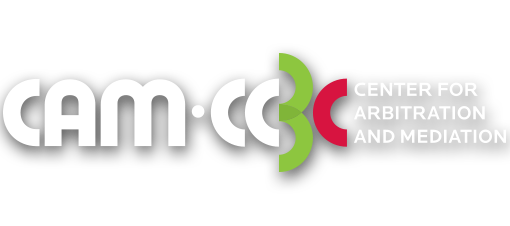Smart contracts promise the end of bureaucracy and a huge gain in efficiency to enforce agreements between the parties
by Estela Cangerana
Imagine a world without the bureaucracy of notaries, signature certification, stacks of papers and in which no one needs to spend their time checking whether obligations have been fulfilled to take action and enforce the terms of an agreement. Whether in a lease of real property between two people or in a complex foreign trade financing transaction involving several parties, it is already possible to think of contracts with these facilities. Smart contracts, which start to attract the attention of the market, present themselves as a strong trend for the near future.
In short, smart contracts are agreements written in programming language, with rules that can be enforced automatically. They can be stored in a distributed way, using blockchain technology, or not, according to Luiz Gustavo Nugnes, cofounder and CTO of Cuore platform, which performs the scanning and processing of documents. Cuore, which has bases in Brazil and Canada, works directly with this innovation and realizes a growing interest in the facilities brought by technology applied to the sector.
Nugnes explains that a type of smart contract that has been growing a lot is the so-called Ricardian Contract, which meets all legislation and also contains the benefit of self-executing technology. In this format, there is a readable written agreement, which can be understood and checked by the parties, with verified and encrypted signatures. The same signed document is converted into computer-readable language, which enforces its clauses as defined. “In practice, this can mean, for example, a monthly debt applied automatically according to the information contained in the contract”, he explains.
In the financial sector, the possibilities of use are many, such as personal loans, guarantee accounts between companies, guaranteed financing or export financing involving several agents. But the same flexibility can easily be incorporated into several other types of agreements. “Our platform is practically a Lego, which you can build with whatever you need,” says Nugnes.
Advance
The technology already exists and is highly efficient. To gain greater capillarity, now there are only a few barriers to overcome, such as disinformation. And in this way, each market moves at its own pace. As Brazil starts to talk more about the subject, in Canada it is possible to see a slightly greater maturity in the use of smart contracts.
According to experts, there are three stages for the contract formalization and management processes. In the first, everything is done in a traditional way, on paper, with signatures, physical notaries and the use of personnel to manage compliance. In the second, called digital, the contract is a document in pdf file, digitally signed, using the digital notary, but still needing people in the back office to enforce the agreement. Although the traditional stage is still the largest in use in Brazil, the country has taken its first steps towards the second stage.
Canada, for its part, is advancing to the third stage, the smart process, in which agreement and signature are signed with blockchain technology, in a self-executing smart contract.





